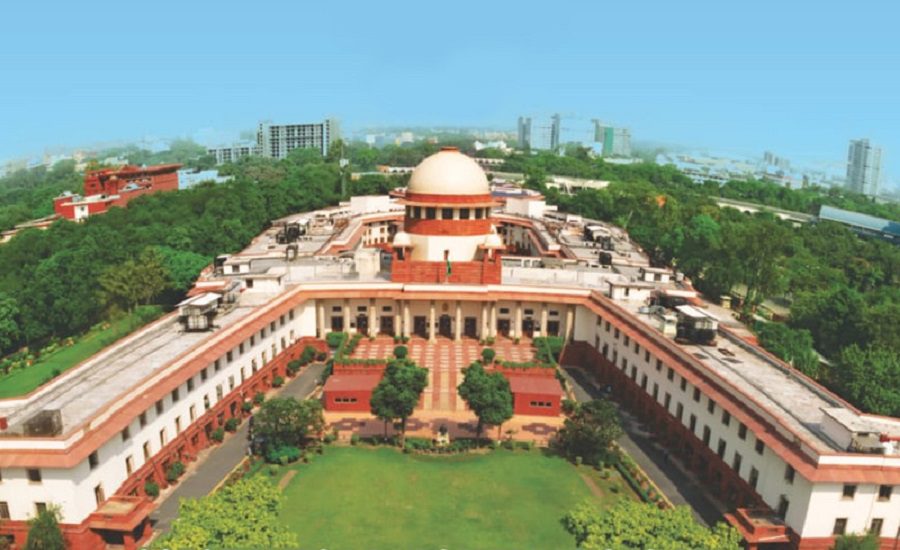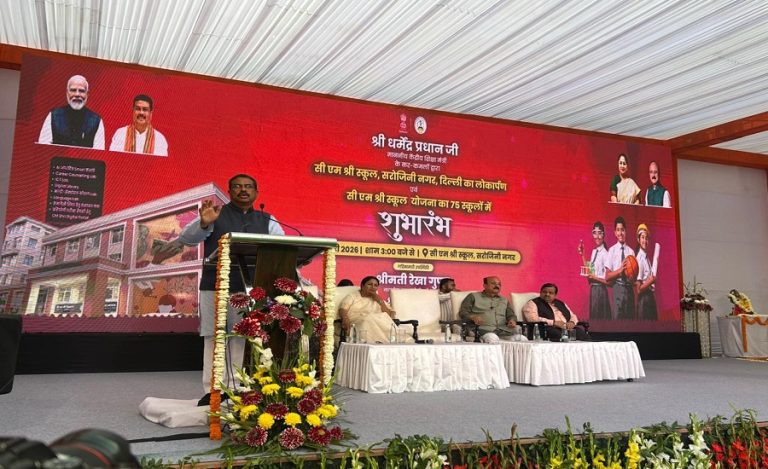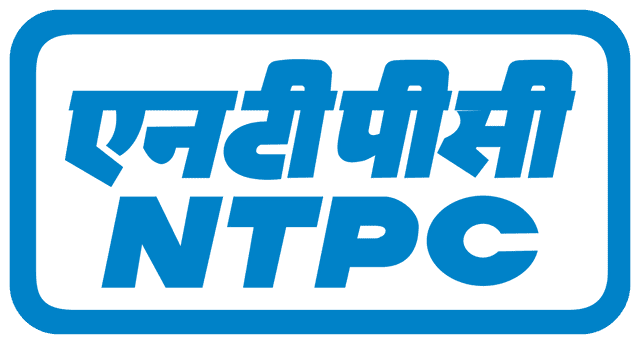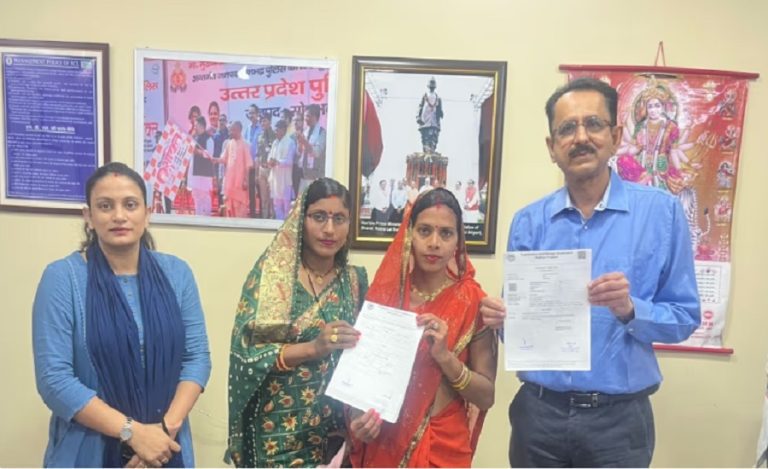New Delhi: The Supreme Court of India is set to consider a petition seeking to revive the National Judicial Appointments Commission (NJAC) and potentially replace the Collegium system of judicial appointments, Chief Justice of India Surya Kant said orally during proceedings on Wednesday. The mention came on the 76th Constitution Day, highlighting renewed debates over judicial appointments in the country.
Petition Challenges 2015 Verdict
The petition, filed by advocate Mathews J. Nedumpara, contends that the 2015 judgment striking down the NJAC as unconstitutional was a “great wrong,” arguing that it substituted the will of the people with the opinions of a few judges. The plea names the Chief Justice of India, the Supreme Court Collegium, the Union Government, and several political parties as respondents.
The NJAC, which briefly allowed equal participation of the government alongside the judiciary in appointing judges to constitutional courts, was struck down by the Supreme Court nearly a decade ago. The petition urges the apex court to render the 2015 verdict void ab initio, criticizing the Collegium system as a “synonym for nepotism and favouritism.”
Read also: Supreme Court Orders UP to Amend Laws Allowing Officials’ Wives in Key Cooperative Roles
Collegium System Under Fire
Highlighting long-standing concerns over the Collegium, the petition described judicial appointments as a “riddle wrapped in a mystery, inside an enigma,” borrowing the words of Winston Churchill. It alleged that the process has lacked transparency and has drawn criticism even from within the judiciary itself.
The petition emphasizes that the Parliament, representing the will of the people, had exercised its constituent powers to enact the 99th Constitutional Amendment Act and the NJAC Act, which were subsequently nullified by the Supreme Court. According to the petitioner, this decision reduced the elected legislature to an “inferior tribunal” in matters of judicial appointments.
Calls for Reform
The petition signals a growing demand for judicial accountability and transparency in the appointment process. By challenging the Collegium system, which has been in place for decades, advocates for reform hope to create a system where the executive and legislative branches play a more balanced role alongside the judiciary.
The Supreme Court has yet to schedule a hearing on the matter, but the oral mention by Chief Justice Surya Kant indicates that the apex court may soon deliberate on whether the NJAC can be revived, potentially bringing an end to the current Collegium system.




























